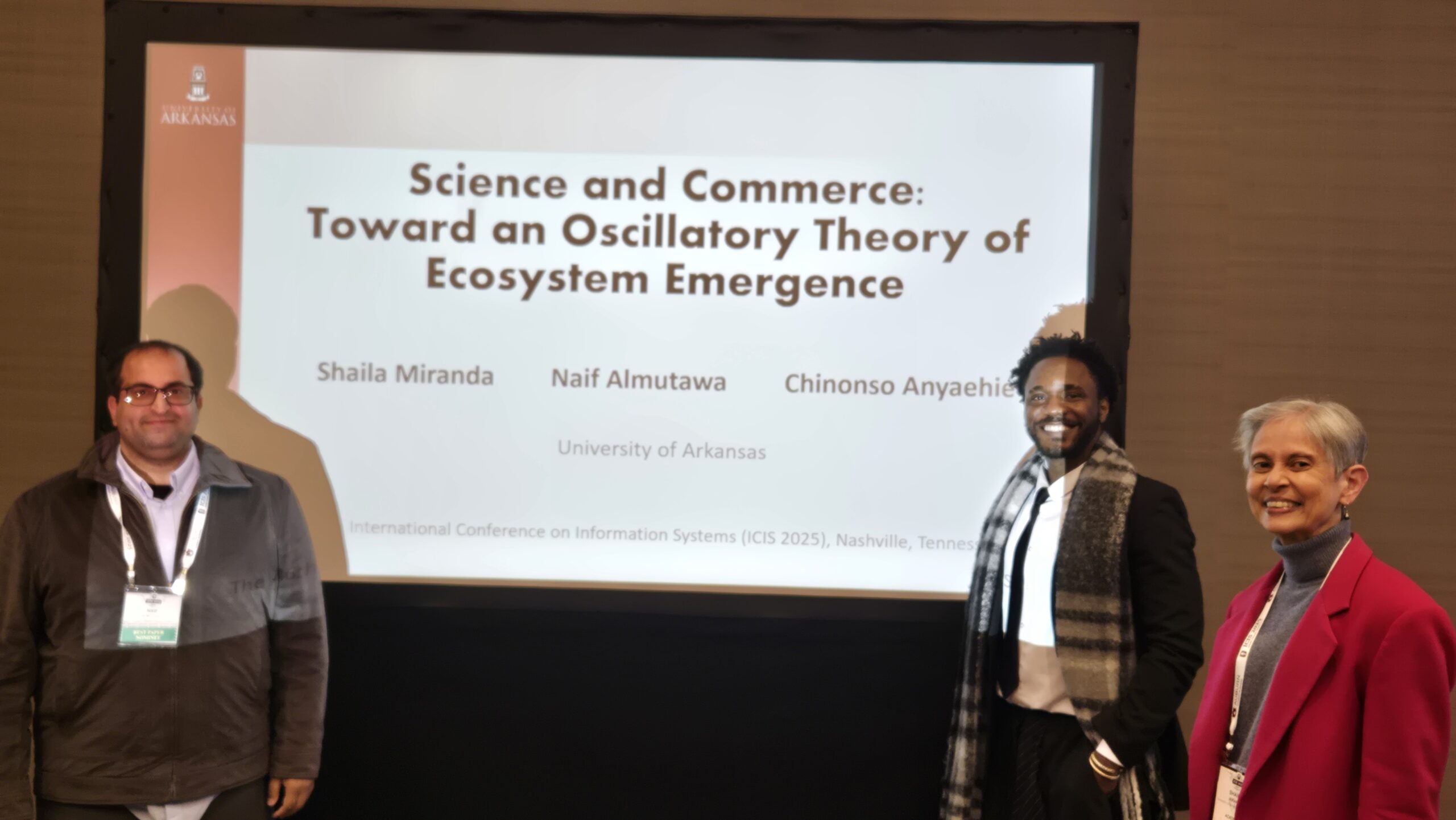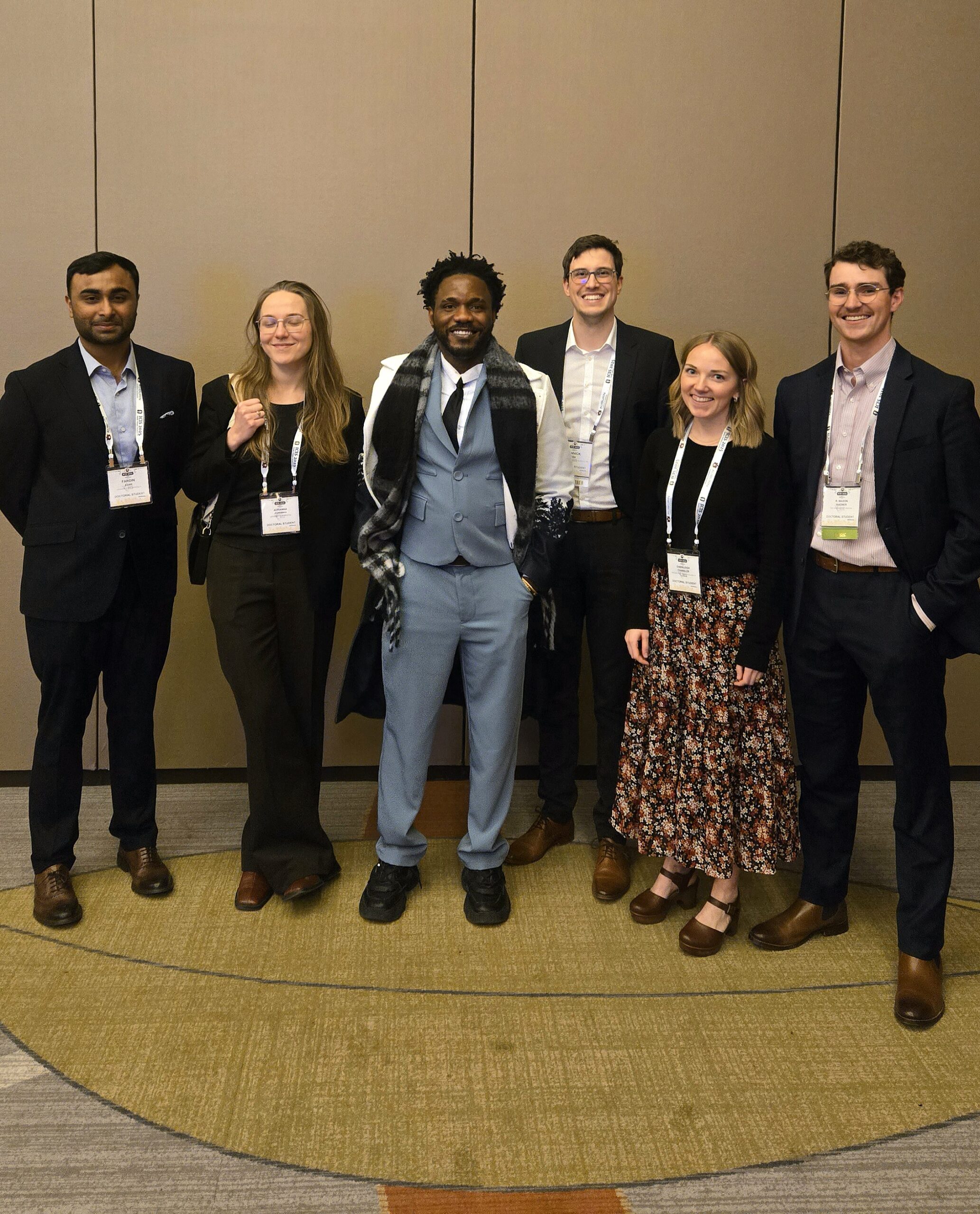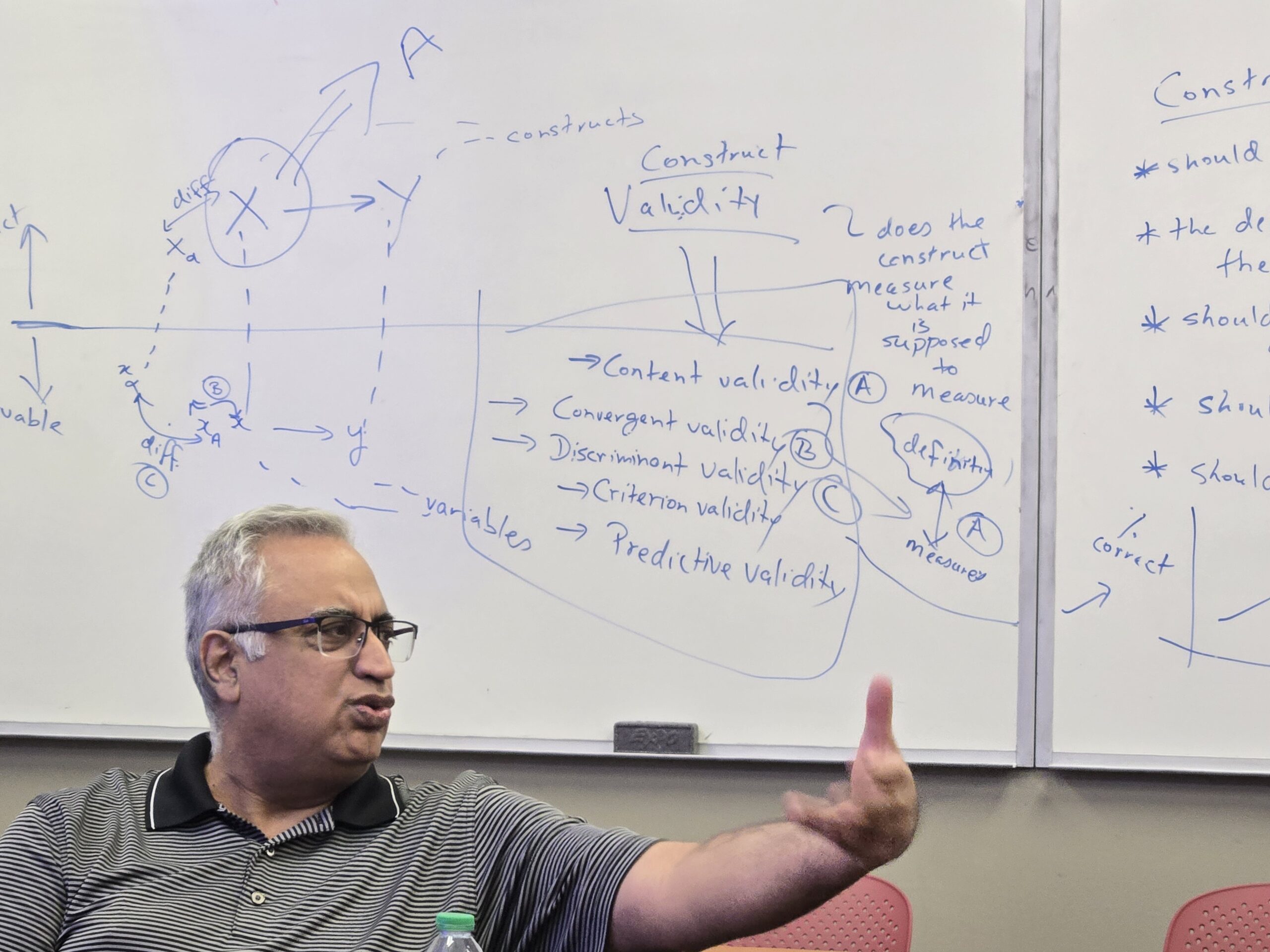Kieran Healy’s paper, “Fuck Nuance,” delivers a crucial argument against overcomplicating sociological theory by succumbing to the allure of nuance. This paper is a call to action for scholars, particularly in interdisciplinary fields like Information Systems, to resist the temptation to endlessly add complexity to their theoretical models. The elegance of Healy’s argument lies in its simplicity—a rare but powerful reminder that the most impactful theories are often those that are parsimonious, coherent, and focused on core explanations.
The Elegant Simplicity of Powerful Theories
Healy begins by challenging the default assumption in academic circles that nuance is always a virtue. He argues that nuance, when applied without discipline, can stifle theoretical progress by introducing unnecessary complexity, making theories less elegant and harder to apply. Theories with fewer constructs, he contends, often win prizes and have the most profound impacts because they provide clear, powerful explanations without being bogged down by extraneous details.
The argument here is simple yet powerful: a good theory should explain why something happens in a way that is not only logically sound but also easy to grasp. Every time you add a new construct to your model, you need to ask yourself whether the benefits outweigh the costs. Are you improving the explanatory power of your theory, or are you turning it into a “garbage dump” of everyone’s perspective?
This concept resonates with PhD students and researchers alike, especially when they are confronted with feedback from conferences, peer reviews, or even mentors. It’s common to hear comments like, “Why didn’t you consider this?” or “Have you thought about adding that?” These questions often reflect the personal vantage points of the audience. What Healy is urging scholars to do is to resist this pressure and avoid blindly adding constructs that dilute the elegance and focus of the theory.
Complexity vs. Parsimony: The Trade-off
The core of Healy’s argument revolves around the trade-off between simplicity and complexity. Parsimonious theories are those that explain more with less—they rely on fewer constructs, but each construct is carefully chosen to maximize explanatory power. In contrast, theories that succumb to nuance often end up cluttered with layers of complexity, making them harder to apply, less elegant, and ultimately less impactful.
In academic research, especially at the PhD level, there is a temptation to include everything you’ve read or learned. This is particularly true when students feel compelled to incorporate every piece of literature they have encountered into their dissertation models. As Healy points out, this tendency to overstuff theoretical models can make them unwieldy and unfocused.
The best theories are those that can withstand scrutiny and provide answers to the “why” questions without succumbing to the pressure to include every possible variable. By stripping away unnecessary layers, these theories become not only more elegant but also more powerful.
Fighting the Pressure to Add More
Healy emphasizes that the environment you present your theory in—whether it be a conference, journal submission, or academic discussion—will constantly pressure you to add more nuance. This is because people naturally bring their own perspectives and experiences into their critiques. However, just because someone suggests adding a new variable or dimension doesn’t mean it’s necessary or beneficial.
The lesson here is that you must evaluate the cost and benefit of every addition to your theory. Theories that are too complex often fail to inspire or delight because they lose the elegance of simplicity. As Healy eloquently puts it, theories should not become a “garbage dump” for everyone’s perspective.
A good theory, especially one that seeks to make a significant impact, must strike a balance between simplicity and complexity. Theoretical parsimony is key to building strong, elegant frameworks that can influence thinking and guide empirical work.
The Trap of the Connoisseur
One of the most striking metaphors Healy uses is that of the “connoisseur,” a figure who revels in symbolic violence through self-congratulatory nuance. He compares the connoisseur to the fine wine expert, who layers their descriptions of a wine with multiple flavors and complexities, ultimately overwhelming the average drinker.
In academia, it’s easy to fall into this trap of connoisseurship. The more sophisticated the language, the more complex the concepts, the more impressive we appear—especially when speaking to non-academics. However, what often happens is that we bury our audience under layers of complexity rather than dazzling them with brilliance. Theories that delight and inspire tend to be those that can be explained simply—think of the type of theory you could explain to your grandmother.
In essence, Healy warns against getting lost in the allure of academic sophistication. While nuanced thinking has its place, it should not overshadow the clarity and elegance that define impactful theories.
Lessons for PhD Students and Scholars
PhD students are often the most susceptible to falling into the nuance trap. Driven by the pressure to demonstrate their intellectual breadth, they frequently feel compelled to add as much detail and complexity to their models as possible. Yet, as Healy reminds us, the best dissertation is a done dissertation, and the best theories are those that can explain more with less.
Healy’s paper is a critical reminder to strip away unnecessary layers of complexity. Rather than adding every construct you come across, you should focus on crafting a theory that is both powerful and elegant—one that is capable of explaining the core phenomena without being bogged down by needless intricacies.
Conclusion: The Value of Elegant, Parsimonious Theories
“Fuck Nuance” is an essential read for any scholar who has ever felt the pressure to overcomplicate their work. Healy’s critique of nuance is a reminder that simplicity, when coupled with strong logic and explanatory power, is the hallmark of truly groundbreaking theory. Theories that change the world, that win prizes, and that leave a lasting legacy are not those that try to explain everything—but those that focus on explaining the essential why in the most elegant and parsimonious way possible.
By fighting the urge to endlessly add nuance, we can focus on building theories that are not only intellectually rigorous but also deeply impactful. In a world that often rewards complexity, Healy’s call for simplicity is both refreshing and urgently needed.
fuck-nuance-1









Leave a Reply